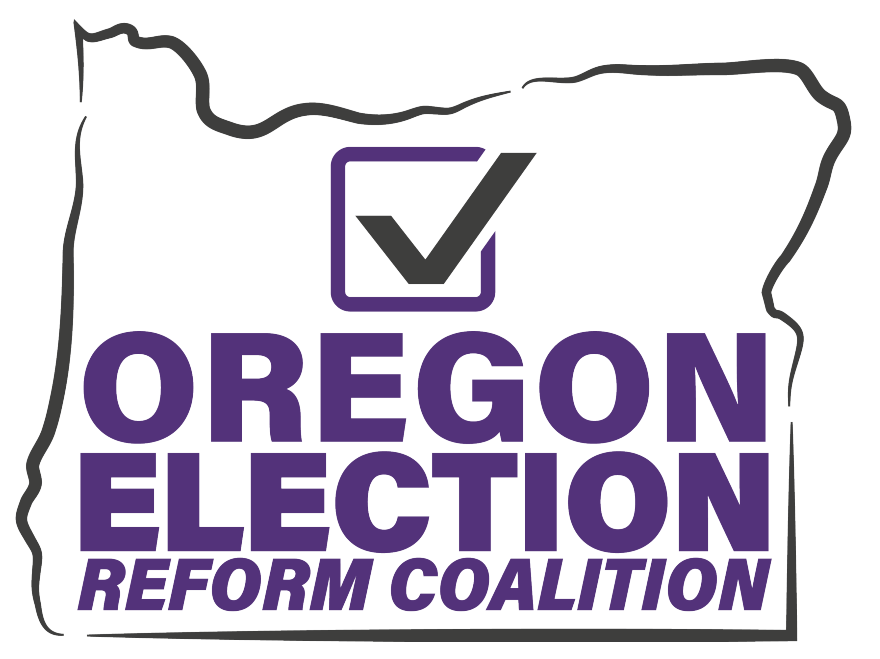Why this reform? What are the benefits?
Non-affiliated and third-party voices will be heard, because all voters will be included in both primary and general elections. It will make our government more representative of the diversity of our state across all ages, races, genders, and regions.
To be elected, officials will need to receive support from a majority of all voters in the general election.
Elected officials will need to build coalitions that represent many interests and diverse people to get things done. They will need to be accountable to broad coalitions of voters, because candidates who are opposed by a majority of voters can never win under the new system.
The reform will help reduce the excessive power that special interest, major donors, and partisan insiders and operatives have on our government, because ordinary people will have more choices and more freedom to choose who they think should represent them, and the winner will reflect the choice of a majority of voters. It will protect major party candidates from having to cater to the far right or far left in their parties.
The reform will help restore our democracy to the type of system that our founders wanted, with coalition and consensus building to get things done, not just major parties dominating.
Since the two major parties control primary elections, fundraising, and even candidate positions on the issues, many highly qualified people with independent ideas and records of accomplishment now decide not to run. Barriers will be removed:
The general election campaign season will be reduced by 3 months, enabling non-professional or lower-resourced candidates to get into the ring. There will no longer be a one-candidate-per-party limit on who advances to the general election ballot.
With the new voting method, voters will never feel like their votes are wasted. If your first choice doesn’t win, your second or third choices count.
Voter participation will likely increase, because elections will be more competitive and every vote will count.
No “spoiler” candidates, because the two major parties can no longer accuse candidates of being “spoilers” or attack the idea of voting for non-affiliated and third-party candidates as “wasting one's vote.”
Candidates will show more restraint when speaking about their opponents (so that more voters will rank or rate them higher) rather than partake in nasty political campaigns and attacks. This will allow for a more civilized discussion of ideas and policies.
Elections in our state will become more competitive, because there will be higher turnout in the open primaries and more candidates on the ballots, and politicians will need to secure the support of a majority of voters.


